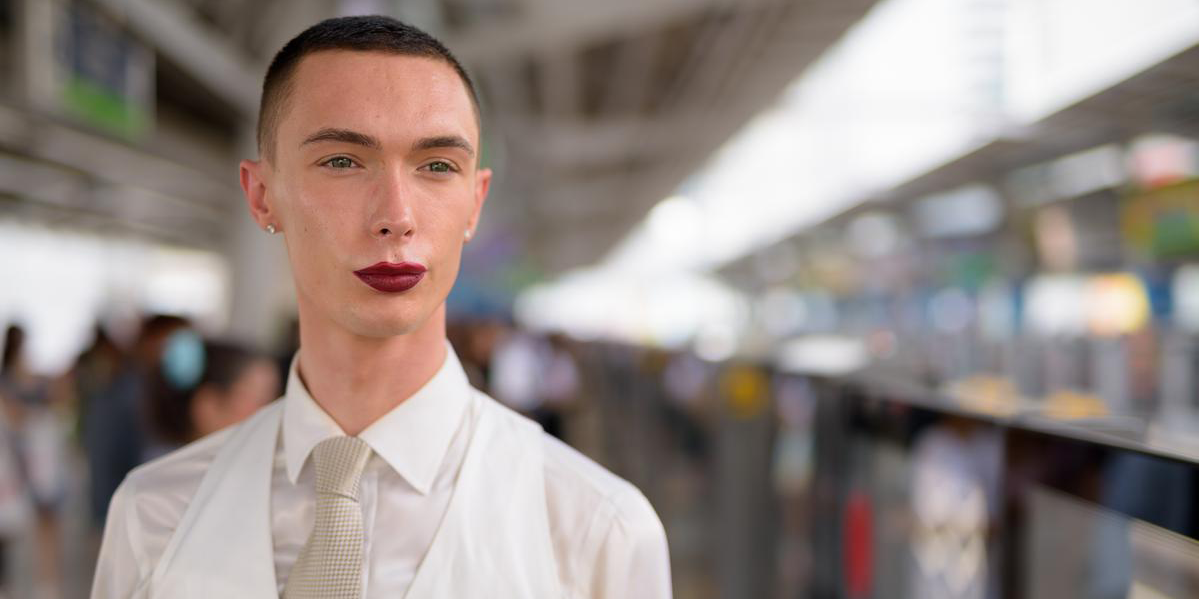
Today is IDAHOBIT - the international day against LGBTQIA+ discrimination. S.E. (not pictured), a young person connected to Orygen, wanted to share her experiences of coming out, calling out homophobia and how it’s ok to be who you want to be.
Growing up, the only representation of romantic relationships on the television or in the media was between a “man and a woman”. However, I was luckier than most kids, as my mum had many friends who were in same-sex relationships, so homosexuality wasn’t a surprise to me like it was to some kids.
I remember in primary school, I always had friends of all identities, but when I had “crushes”, as they used to call it, it wasn’t always on boys, which was expected of me. I always was drawn a lot more to the girls who were supposedly my “friends”, but to me, they were more.
As funny as it is to reminisce on now, I remember the first time I realised I might be bisexual, but of course, back then I didn’t know the label for liking more than one gender romantically, so I just used to tell everybody I was “gay”.
The first bad experience I had with this identity was in year 6 when I told my closest friends that I thought I was gay. I remember I had done an online quiz the night before, titled “Am I Gay”?
This is hilarious to me now, but back then, I remember all of my friends going “ewwww” and banishing me from the friendship group. This was heartbreaking, and now, I realise they probably had this prejudice from hearing things from the media and their parents, so I don’t blame them.
Because of this experience, my identity wasn’t a subject that I opened up to others about until about year 9 when I decided I’d finally come out to most of my newfound friends. At this point, a few people in my year level had come out and were mostly accepted, so I felt safer coming out.
However, this label comes with its challenges as people like me, who identify as bisexual, are constantly given the same set of statements. “Why can’t you just choose one?” or “Just say you’re gay and only like girls”.
As someone who is in a relationship now with someone of the opposite gender, my identity is constantly dismissed, and people assume that because I am in a relationship with the opposite gender, I have suddenly become straight. Just like that! Must be magic. I laugh at these people because their internalised homophobia and biphobia are evident when they say things like this.
I think the most important thing is to listen to people of all different identities and the stories of their journey of self-discovery and coming to terms with their own identity. It is hard figuring out your own feelings, let alone have everybody around you put their two cents into your identity and try to tell you what you are and what you are not.
Be staunch about your identity, and don’t conform to what people expect of you. Even if you aren't a part of the LGBTQIA+ community, don’t let homophobic comments be said without calling them out!